Bright Future Recovery does not offer mental health treatment services relating to schizophrenia or other major trauma.
This article provides general information and discussions about substance abuse and mental health related subjects. The information and other content provided in this blog, website or in any linked materials are not intended and should not be considered, or used as a substitute for, medical advice, diagnosis or treatment. This blog does not constitute the practice of any medical, nursing or other professional health care advice, diagnosis or treatment. We cannot diagnose conditions, provide second opinions or make specific treatment recommendations through this blog or website.
If you or any other person has a mental health concern, you should consult with your health care provider or seek other professional medical treatment immediately. Never disregard professional medical advice or delay in seeking it because of something that you have read on this blog, website or in any linked materials.
Mental Health and Substance Abuse
- Cheree Ashley
- Medically Reviewed
A co-occurring disorder is the condition of having a mental health disorder and a substance abuse disorder at the same time. These disorders often co-exist for a long period of time before they are diagnosed, and they need an integrated and simultaneous treatment program that addresses both conditions to have long-lasting recovery.
What Are Mental Health Conditions?
There are more people who have co-occurring disorders than you may imagine. The Substance Abuse and Mental Health Services Administration (SAMHSA) reports that nearly 50 percent of people with a serious mental illness also suffer from substance abuse or addiction. Also, 53 percent of people who abuse drugs and 37 percent of people who abuse alcohol report suffering from at least one serious mental health issue.
The following mental health conditions are the most common to occur with substance use disorder:
- Anxiety disorders
- Depression
- Post-traumatic stress disorder
- Personality disorders
- Schizophrenia
- Eating disorders
What is Substance Abuse?
Substance abuse refers to the harmful, repeated use of substances like drugs and alcohol. Substance abuse sometimes leads to full-blown addiction, which is a chronic, typically relapsing, disease of the brain. Drug and alcohol addiction affects the pleasure center in the brain, which leads addicts to use or drink compulsively and exhibit drug-seeking behaviors. Addicted individuals will continue to act out these behaviors, despite suffering the negative consequences associated with addiction.
Drug and alcohol addiction is considered to be a brain disease because over time using substances, the function and structure of the brain changes. What was initially an individual’s choice to use the substance, once the brain changes due to repeated use, is no longer a choice. The person’s self-control and ability to make good decisions will become impaired, while simultaneously creating an overwhelming impulse to use more of the substance. Overcoming addiction most often requires professional intervention and long-term support throughout recovery.
Drug or alcohol addiction impacts nearly every aspect of a person’s life. Personal relationships, financial status, and careers are often the first aspects to suffer, and oftentimes, legal problems follow. Additionally, many people with drug or alcohol addictions suffer physical health problems, memory impairment, and ultimately, permanent disability.
The Connections between Mental Health and Substance Abuse
The connection between mental health disorders and substance abuse can be seen as a road with two-way traffic.
Mental illness can lead to substance abuse in a several different ways, including:
Self-Medication: People who have a mental disorder may turn to alcohol or drugs as a way to treat their mental illness on their own.
More likely to experiment with drugs: People suffering from mental illnesses may be more likely to experiment with substances, especially people with a disorder that includes self-control or impulsiveness issues.
Increased exposure to substances: Some mental health disorders may lead someone to be more likely to be around substance use. For example, a young person with a behavior disorder is more likely to become a substance abuser later in life.
Substance abuse disorders may also lead to a mental illness:
Environmental factors: Substance abuse can cause an individual to experience more stress and have less support to cope with it, which may lead to the development of a mental health issue.
Biological factors: Substance use affects the chemistry of the brain which can cause, reveal, or intensify, various mental health issues.
There are certain characteristics that may contribute to a person developing both a substance abuse disorder and a mental health disorder.
- Genetics – Genes may create certain dispositions that make a person more likely to use drugs or alcohol or develop a mental health issue that paves the way for a substance abuse disorder.
- Personality – Personality traits like risk-taking and novelty-seeking can relate to drug or alcohol abuse and mental disorders.
- Brain chemistry – The brain chemical dopamine is affected by both substance abuse and some mental disorders. Changes in the brain from one disorder can cause the development of the other.
- Environmental factors – Certain environmental factors may underlie dual diagnosis disorders as well. High stress levels, experiencing trauma, and exposure to drugs or alcohol in childhood all seem to be related to the development of dual diagnosis disorders.
Treatment for Co-Occurring Disorders
Treatment for people with co-occurring disorders must integrate both disorders in the recovery process, instead of treating each one separately. Just as the two disorders have intertwined, treatment and recovery must as well. While treatment for co-occurring disorders may be more complicated, finding the right treatment program and facility can lead to a successful, long-term recovery.
Inpatient Treatment for Mental Health Issues and Substance Abuse
When someone has a mental disorder and substance use disorder, the best option for treatment is an inpatient program where both conditions are treated at the same time. Many residential treatment centers have the experience and are equipped to treat co-occurring disorders. Inpatient treatment involves staying in rehab for a period of time, receiving around-the-clock support and care and the therapies needed to enter a new way of living. Individuals who go to residential treatment will have access to psychiatric care, medical care, traditional addiction treatments, learn life and coping skills, and relapse prevention techniques. These are all valuable skills that can be taken with them after they complete their program.
Covering the Cost of Mental Health and Substance Abuse Treatment
For most people who want treatment for co-occurring disorders, the fear of how much treatment will cost is the biggest deterrent. Fortunately, there are numerous types of treatment centers, with different amenities, specialized treatments, and costs. While there are luxury rehabilitation programs that can cost upwards of $1,000 per day, there are also low-cost and free rehabs that offer the quality of treatment as those that are more expensive. Essentially, the extra cost is for added amenities (massage, gourmet meals, etc.) and specific therapies (music, art, holistic, meditation, yoga, and the like).
Many people who go to rehab have health insurance that covers part of the cost. The exact amount that is covered varies depending on the specific insurance plan.
Individuals who don’t have health insurance can still seek treatment. There are many low-cost and even no-cost drug and alcohol treatment centers that also treat co-occurring disorders. There may be a wait to get into these types of treatment programs, but waiting is far better than not getting the help they need. Additionally, some treatment centers offer sliding scale fees, scholarships, or financial aid to help with costs.
Final Thoughts about Mental Illness and Substance Abuse
Even though addiction and many mental illnesses are designated as chronic, progressive diseases, many individuals who have these disorders have been able to turn their lives around to live happy and fulfilling lives. Achieving remission in co-occurring disorders requires effective treatment that integrates both conditions, giving equal attention and resources to addiction recovery and mental health treatment.
Every individual who struggles with co-occurring disorders is unique. As a result, treatment should be individualized for each person, supporting them at every phase of the rehabilitation process. A multidisciplinary team of supportive and knowledgeable professionals will help provide the motivation and resources needed for long-term recovery.

When it comes to addiction treatment and recovery, Bright Future Recovery’s team delivers beyond expectation.







